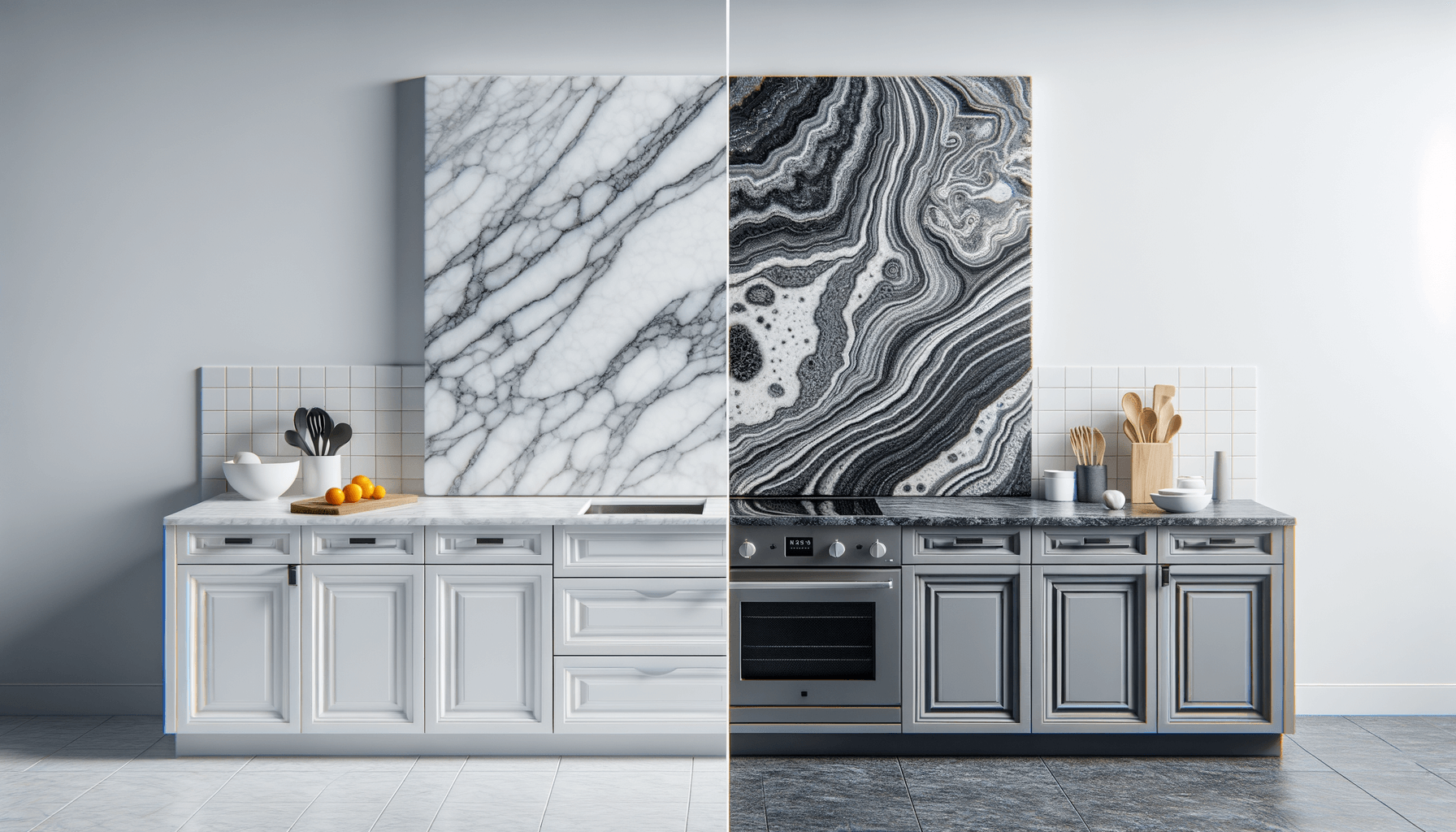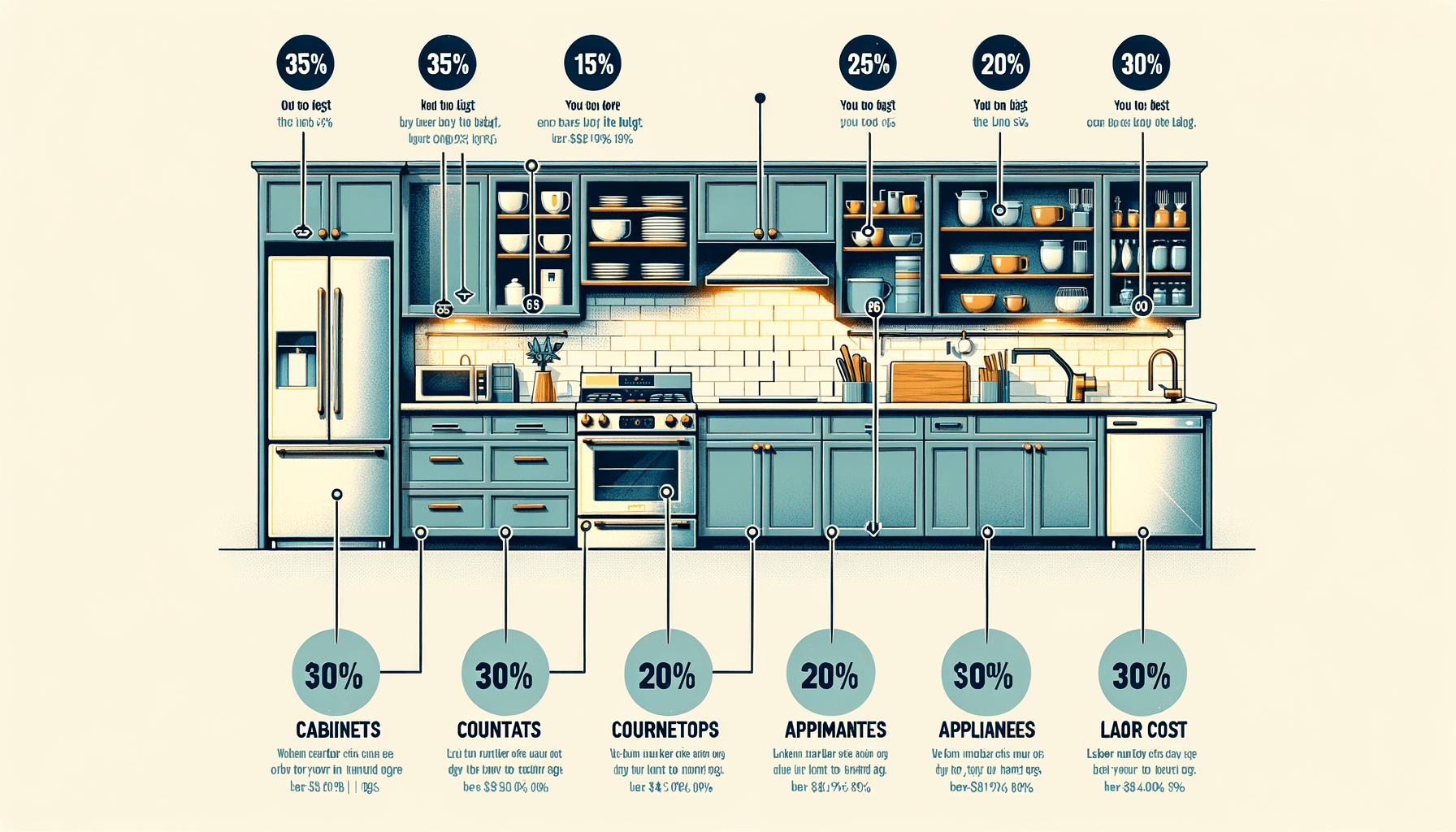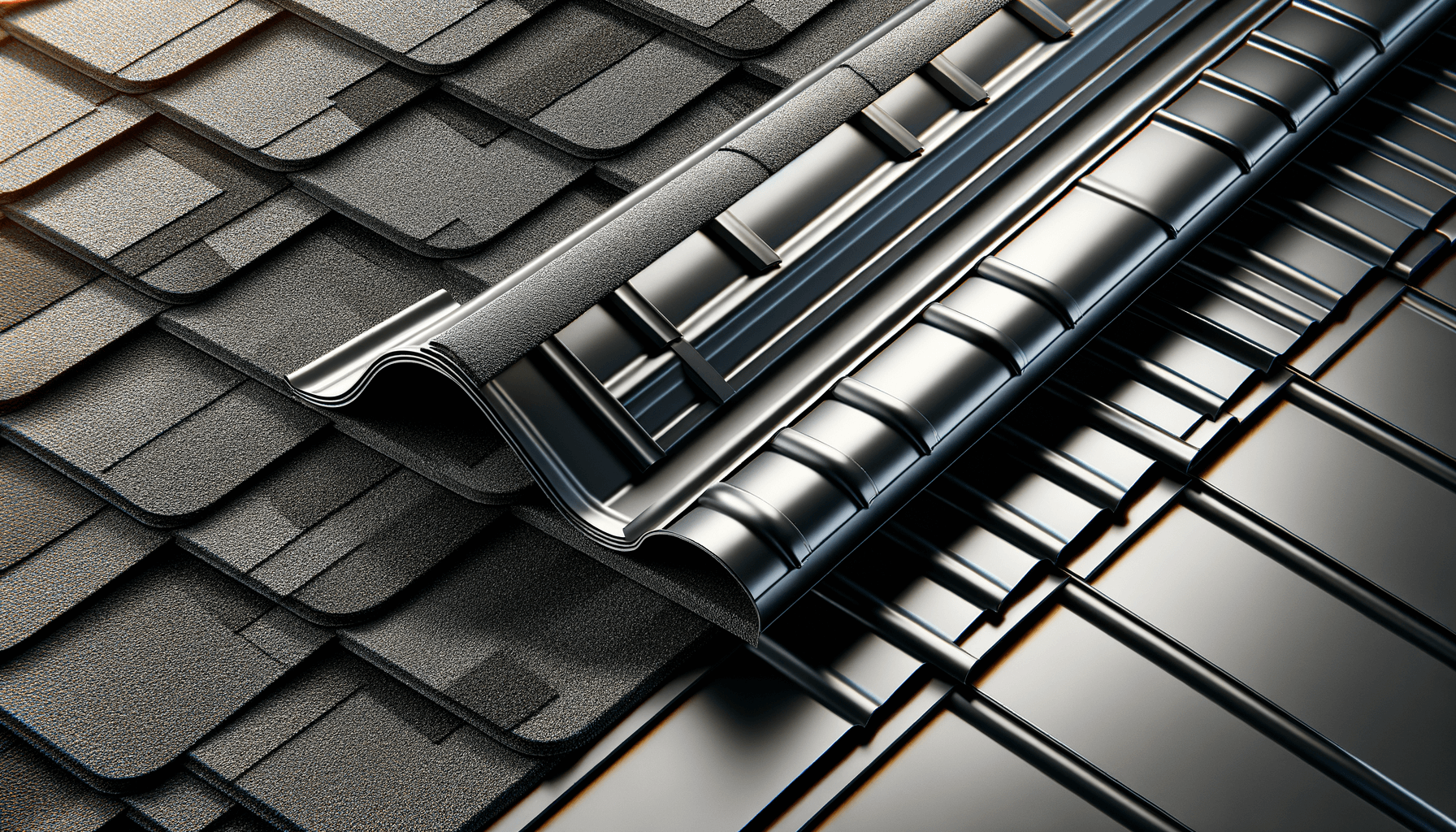Quartz vs. Granite Countertops: The Ultimate Showdown

Read our cornerstone guide
The Ultimate Kitchen Remodeling GuideQuartz vs. Granite Countertops: The Ultimate Showdown
Choosing the right countertop is the single most defining decision for your kitchen's aesthetics and functionality. For many homeowners, the choice comes down to a battle between engineered durability (quartz) and natural beauty (granite). Both are top-tier, high-value materials, but they each bring a distinct set of pros and cons related to maintenance, pattern, and heat resistance.
This showdown will arm you with the facts you need to move past personal bias and select the material that truly aligns with your family's cooking habits, your design vision, and your maintenance commitment. Knowing how these materials perform under real-world conditions is key to ensuring long-term satisfaction.
Key Takeaways
- Quartz (engineered stone) is non-porous and never requires sealing, offering superior resistance to stains and bacteria.
- Granite (natural stone) offers unique, unrepeatable patterns and superior heat resistance, but requires periodic sealing.
- The overall cost for both materials is highly variable, depending mostly on the specific color, pattern, and slab origin chosen.
Maintenance and Durability
The core difference lies in their composition. Quartz is made of ground stone mixed with polymer resins, which makes it non-porous and highly resistant to chipping. This engineered aspect means it is virtually maintenance-free. Granite, being 100% natural stone, is porous and must be sealed periodically to maintain its stain resistance. However, granite offers a higher tolerance to extreme heat; placing a hot pot directly on a quartz counter can melt the resin, a risk you avoid with granite.
Aesthetics and Resale Value
Granite is prized for its organic, one-of-a-kind patterns, veins, and flecks—no two slabs are identical. Homeowners who want their kitchen to feel truly unique often gravitate towards exotic granite. Quartz, while consistent and uniform, offers a wider range of colors and patterns, including options that flawlessly mimic marble without the maintenance hassle. In terms of resale value, both are highly sought after by buyers and significantly boost a home's appeal over laminate or tile.
Conclusion
The choice between quartz and granite ultimately depends on your priority: zero maintenance and design consistency (quartz), or superior heat tolerance and natural, unique patterns (granite). Either material will serve as a stunning and durable centerpiece for your home. Learn more about planning this crucial design element in our Ultimate Kitchen Remodeling Guide.
Source: National Association of the Remodeling Industry (NARI)


